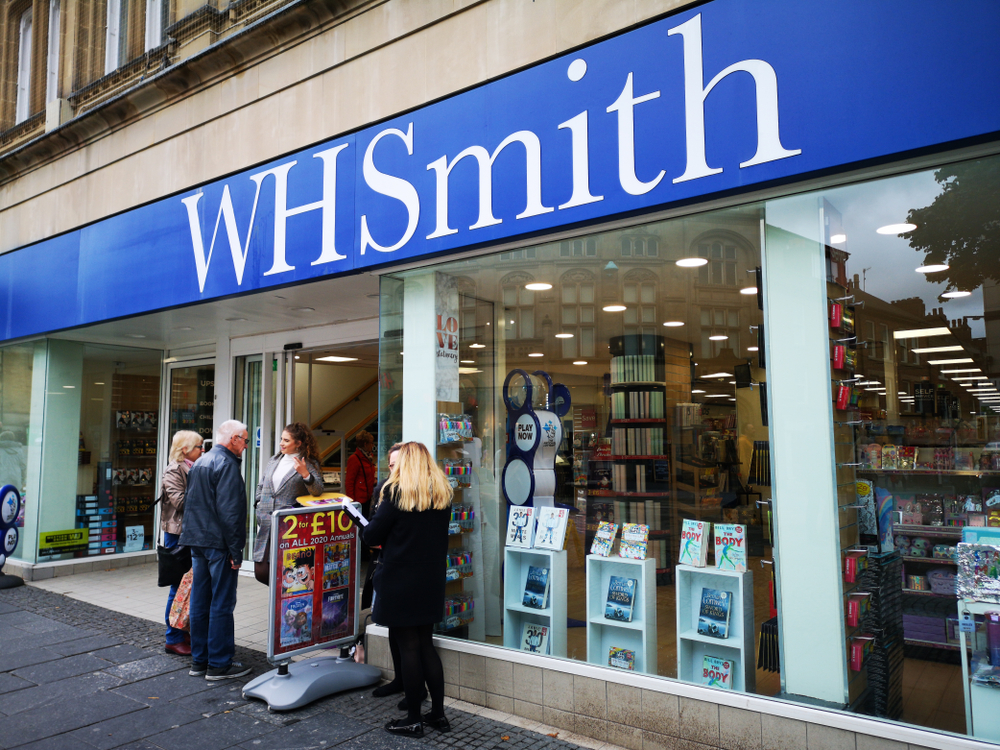Investment in high street retail property is set for a boost as experts across retail, banking and real estate joined the Government in the hopes of revitalising town centres, it has been announced.
Distressed Retail Property Taskforce (DRPT) was launched to save British high streets following the findings and recommendations of retail guru Mary Portas and the initiative brings together a number of retail bodies including the British Retail Consortium (BRC), British Council of Shopping Centres (BCSC), British Property Federation (BPF), Local Government Association (LGA), and The Booksellers Association.
Having undertaken a review of UK towns and cities, the research aims to help retailers respond effectively to the ever-increasing changes and future challenges of the high street, while also alerting both local and central Government to property-related issues in town centres.
Mark Williams, Chairman of the DRPT and partner at Hart Group, said: “The Taskforce recognises that our High Streets are going through a structural recalibration, rather than an economic cycle from which we will emerge over time.
“The wider economic, consumer and retail markets have moved at a pace that our High Streets and property in general, have not been fast enough to adapt.
“The reasons for this need careful examination as a way of understanding what the current property-related barriers to rejuvenation are, and what the range of options or solutions could be.”
Last month, the BCSC called on the Government to reduce red tape which is stifling retail development in an open letter to the Prime Minister, while the BRC recently attacked Government plans to increase business rates which would have seen retailers paying millions of pounds.
Mark Prisk, MP, Minister for Town Centres, High Streets and Markets, applauded the wide range of industry experts who have pulled together to find economically viable ways to rejuvenate fledgling towns.
“No two towns will face the same challenges or require the same solutions but this work, led by the British Council of Shopping Centres, will give them an insight into what makes a town centre tick, and entices communities to support it,” he said.
“I look forward to seeing the conclusions that the group reaches, and how our network of over 300 Town Team Partners and 27 Portas Pilots across the country can use their findings to breathe new life into their high streets.”
However, high streets may well have evolved to such an extent that a return to the traditional format may not be an option.
A report released today by the Economist Intelligence Unit has looked into to what extent the retail landscape will change in the next decade and found that ‘showrooming‘ is set to soar in the coming years.
In its report ‘Retail 2022‘, the group noted: “Technology will play a key part in developing these trends, and 2022 will see a market where online purchases account for a far greater proportion of overall retail sales than currently.
“Leading online markets such as the UK should see e-commerce account for one-third or more of overall sales.
“In the UK the Portas Review has made the high street a critical and politicised issue for the coming decade.
“It is a little premature to write the obituary yet. Bricks-and-mortar stores will not disappear by 2022, but they will play a very different role as the retail landscape evolves.”

















